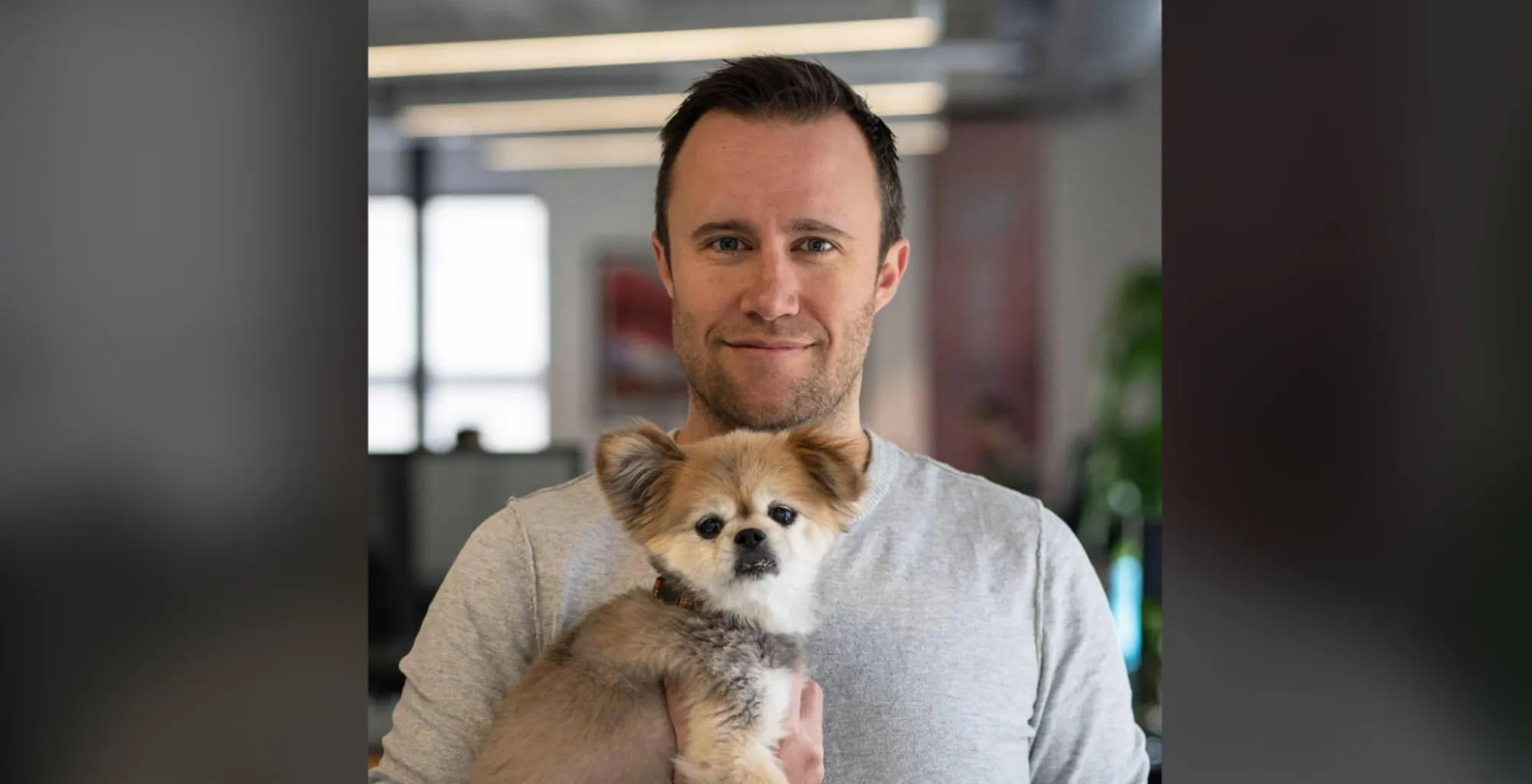Three-time founder Richard White likens launching a startup to playing an open-world video game.
When you’re first dropped into the game, it takes time to figure out what to do and how to do it. But when you’re dropped in for a second time, you arrive knowing how to play the game — “you can ‘speed run’ it,” he says.
In 2020, Richard stepped away from his previous startup UserVoice to establish Fathom, a Zoom app that records, transcribes and summarizes video calls. After spending 13 years at UserVoice and raising more than $9 million, he was ready to get back to building products from the ground up.
Entering the market as a seasoned entrepreneur, Richard found a fundraising groove that works — even if it’s a bit unconventional. He has raised $5.5 million over the course of five small “party rounds” involving 90+ investors. And he took Fathom to Y Combinator, more than 15 years after working with YC calendaring startup Kiko.
On a recent episode of the How I Raised It podcast, Richard discusses how he tapped his network of famous founders to raise capital for Fathom, his decision to take a strategic investment from Zoom and why YC isn’t just for first-time founders.
Optimize fundraising for 90+ investors
At UserVoice, Richard raised traditional preseed and seed rounds of capital, both led by early-stage VC Baseline Ventures. But for Fathom, he landed on what he sees as a second-time founder optimization: the party round.
“We’ve basically been raising money every three to six months since we started,” he says.
Each of Fathom’s five rounds brought in $500,000 to $1.5 million — all on SAFE notes. With each milestone, the team stepped up the company’s valuation and went back out to raise more small amounts from multiple investors.
Richard’s strategy was to bring together a highly diverse group of investors and perspectives, and he did. Fathom’s list of investors tops 90 names and includes funds like Maven Ventures, Character.vc and Soma Capital, as well as the founders and CEOs of Reddit, Twitch, Cruise, Shogun, ProductHunt and Outschool. Check sizes have averaged $10,000 to $25,000, and no single investor contributed more than 20% of a given round.
And although he hasn’t tried crowdfunding yet, Richard says it would be on brand for Fathom.
“We’re a word-of-mouth product, and I feel like this is a word-of-mouth era,” he says. “I would love to have thousands of small investors. Because it’s the person who writes three checks a year — doesn’t matter the amount — out of their own piggy bank who is going to care much more about your outcome than some big VC where this is one of 10 checks they’re going to write this quarter.”
Widen your circles of influence and investment
In order to build what he calls “a big tent of supporters and advocates,” Richard first looked to his network.
He raised the first $500,000 from his own network of friends, many of whom have had their own successful exits or are now angel investors. In the next round he moved to second-order connections — friends of friends and those who had previously invested in people he knew. Maven Ventures, for example, was an early investor in driverless car startup Cruise, whose founders Kyle Vogt and Daniel Kan are friends with Richard.
The Fathom team built a third round of fundraising on the tailwind of YC’s Demo Day, curating a list of best-fit leads. Since then, fundraising has come mostly from users of the product or people who see Fathom in the wild and reach out to invest.
One foundational question allows Richard to continue widening the circle of Fathom investors:
“When someone offers to invest, especially if they’re an angel, I ask, Is there anyone else? Are there any other investors you’re friends with who you think very highly of who would be a good addition to our team?” he says.
Build strategic relationships — fund or no fund
Among Fathom’s investors is the Zoom Apps Fund, a $100 million fund designed to support developers creating tools for Zoom customers. For Fathom, this investment was a culmination of its carefully built relationship with the video conferencing platform — not the beginning of it.
The launch of the Zoom Apps platform in late 2020 was a wake-up call to Richard and his team. They recognized the need to be more involved with the platform that ultimately hosted their product.
“Part of our ‘second round’ of funding was very focused on finding people who had strategic connections to Zoom — like early investors in Zoom — to find people to help us build relationships at Zoom,” he says. Maven Ventures fell into this category, as did angel investors like Bill Tai and Matt Ocko.
And while it was those connections — and some well-placed cold emails — that later landed an investment from the Zoom Apps Fund, the relationship itself has been key.
“With partners like that — that are as important to you as Zoom is to us — you want to do all the things,” he says. “You want to build all the relationships, you want to be as tight as possible.”
Find peers who will push you to be better
Fathom joined Y Combinator’s Winter 2021 cohort, which may seem like an unusual choice for an experienced entrepreneur like Richard. But he says that the camaraderie, competition and framework of the program were too good to pass up.
“As a seasoned entrepreneur, one of the challenges is that I know how to play the game a little bit, but the game also constantly changes,” he says, adding that being in the arena with other founders offers unmatched opportunities to compare notes and learn from each other.
“I’m kind of competitive,” Richard says. “And these are the best entrepreneurs in the world. So there’s something about being pushed to compete with everyone that I think just makes you a little bit better.”
For aspiring YC founders, he recommends focusing more on your problem domain than on your solution.
“The product is going to shift and change,” he says, “But they really want to see that you have a good grasp of the market and the problem you’re solving, that you spend a lot of time thinking about it and researching and talking to the people who have that problem.”
Don’t try to go it alone
Looking back at his experience over multiple startups, Richard sees a string of inflection points where he was able to team up with the right people at the right time. And he’s had good luck with cold emails — one to Kiko founders Justin Kan and Emmett Shear landed him his first startup job, and another got Fathom into the Zoom Apps program.
“Whatever is put in front of you, figure out how to maximize that,” he says. “You have to play whatever cards you get dealt. But whenever possible, find people to join up with. … That’s sometimes the hardest thing to do. I struggled for a long time with being the lone wolf in the woods, and you can’t really get as much done that way.”
This article is based on an episode of Foundersuite’s How I Raised It podcast, a behind-the-scenes look at how startup founders raise money.


